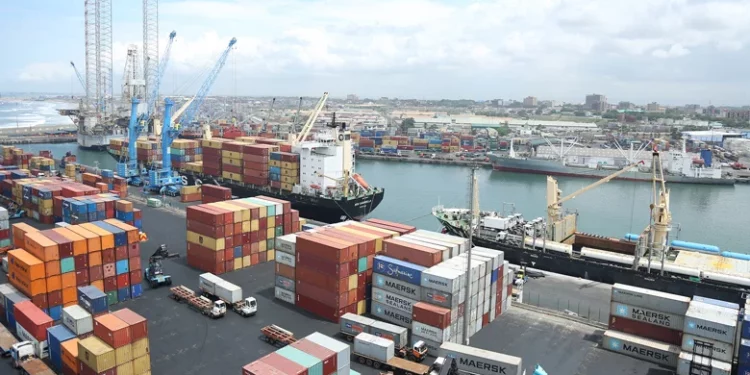African Countries Ineligible For U.S. AGOA Trade
AGOA (the African Growth and Opportunity Act) has been a key element of U.S. economic policy and engagement with Africa since its creation in 2000.
It offers eligible sub-Saharan African countries duty-free access to the U.S. market for over 1,800 products, in addition to more than 5,000 products that qualify for duty-free access under the Generalized System of Preferences (GSP) program.
To qualify for AGOA, countries must meet rigorous eligibility requirements, including progress toward a market-based economy, the rule of law, political pluralism, and ensuring due process. They also need to remove barriers to U.S. trade, implement policies to reduce poverty, combat corruption, and protect human rights.
AGOA has helped open new market opportunities, boosting economic growth, encouraging reform, and strengthening U.S. economic ties with Africa. In 2024, 32 countries are eligible for AGOA benefits, and the program was extended through 2025 by legislation passed in 2015.
For example, in 2024, U.S. goods trade with Nigeria reached $9.9 billion, with U.S. exports to Nigeria rising by 61.4% ($1.6 billion) to $4.2 billion. However, not all African countries are eligible for AGOA benefits.
17 African nations, including Sudan, Zimbabwe, and Cameroon, are currently ineligible. Some, like Uganda and the Central African Republic, faced expulsion from the program due to serious human rights violations. Additionally, Equatorial Guinea and Seychelles graduated from GSP, making them ineligible for AGOA benefits.
Below is a list of the 17 African countries that do not qualify for AGOA benefits:
1)Burundi
In 2024, total trade in goods between the U.S. and Burundi reached $10.4 million in 2024. U.S. exports to Burundi rose to $6.6 million, marking a 63.3% increase ($2.6 million) from 2023. Meanwhile, imports from Burundi fell to $3.7 million, a 41.3% drop ($2.6 million) from the previous year. The U.S. recorded a $2.9 million trade surplus with Burundi in 2024, reflecting a 224.3% rise ($5.2 million) compared to 2023.








